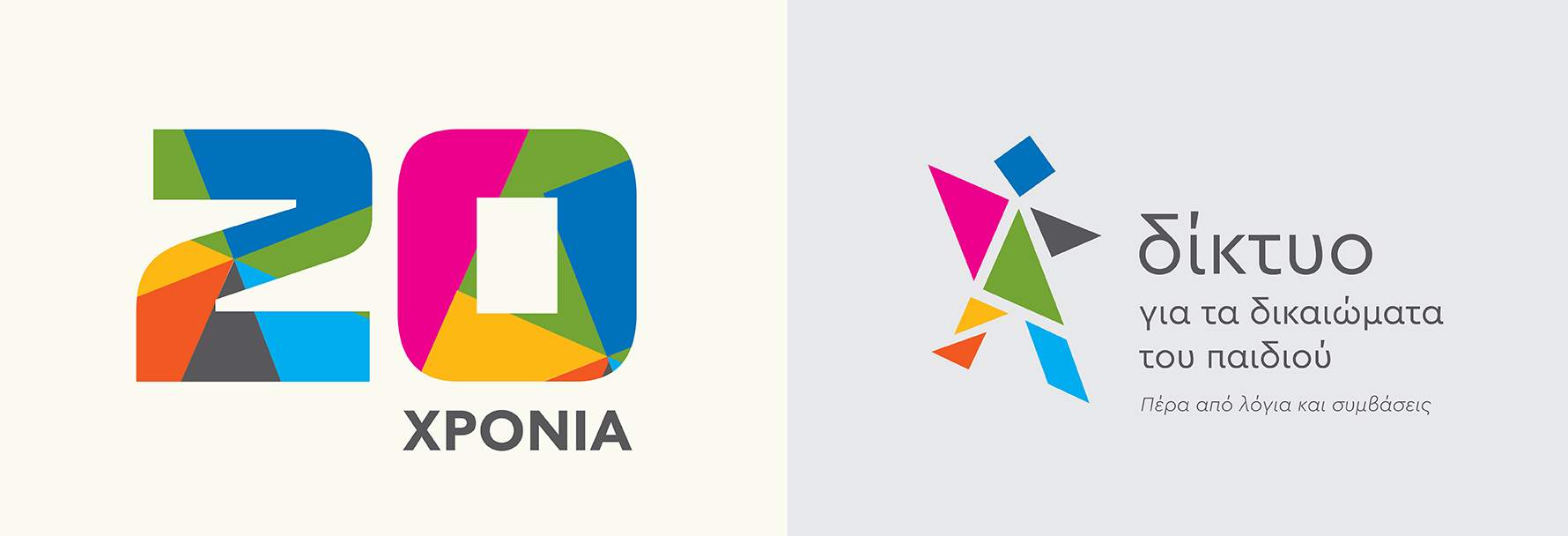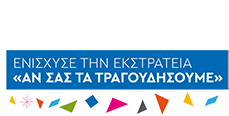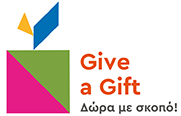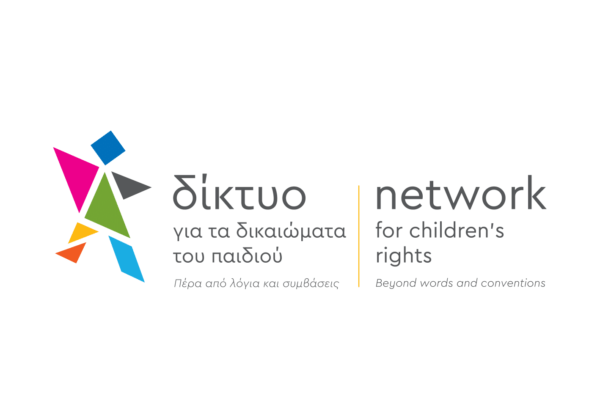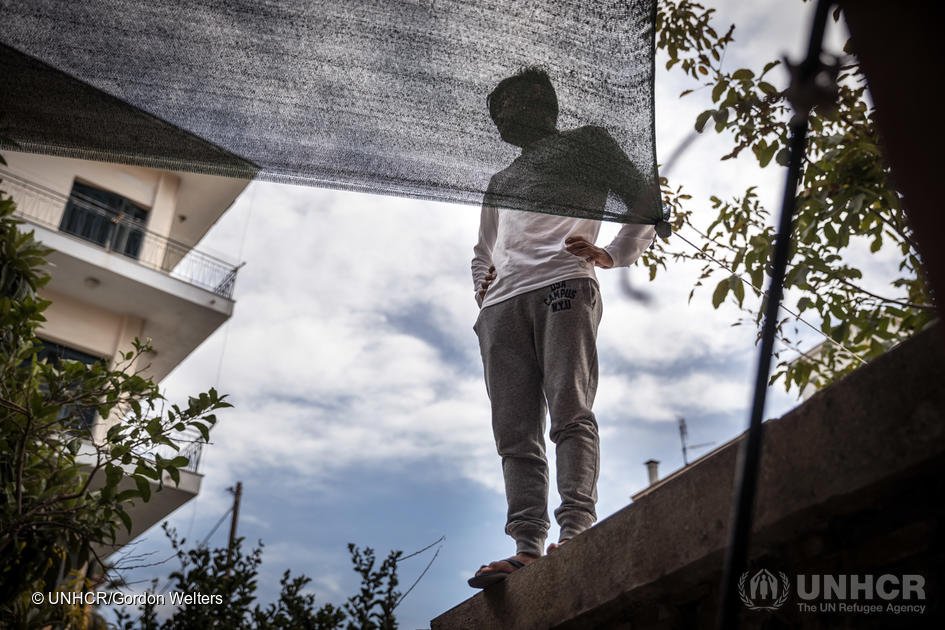
Tuesday, 6th April 2021
Joint Press Release
The Special Secretary for the Protection of Unaccompanied Minors of the Ministry of Migration and Asylum and UNHCR, the UN Refugee Agency, in collaboration with the International Organization for Migration (IOM), Arsis, METAdrasi and the Network for Children’s Rights, have today launched a Mechanism to rapidly identify unaccompanied children who are homeless or living in insecure conditions and transfer them to safe accommodation in the country.
The Mechanism includes a 24/7 telephone hotline for identifying and tracing children in need (0030 – 213 212 88 88 and 0030 – 6942 773030, also on WhatsApp or Viber), available in six languages. The hotline provides guidance to children, citizens, local and public authorities on steps and actions to be taken from the point of identification of an unaccompanied child until his/her timely inclusion in emergency accommodation.
Under the new initiative, children will be also provided with material and psychosocial support, interpretation, safe accompaniment when outside the accommodation, including representation during registration procedures with authorities and educational activities through mobile units day centers and information desks established in Athens and Thessaloniki. Unaccompanied children in the emergency accommodation receive specialized services and further support until they are transferred to long-term accommodation, based on a formal assessment of the child’s needs, background and options available in Greece.
The National Tracing and Protection Mechanism for unaccompanied children aims to provide an operational alternative to the practice of protective police custody, which has been implemented for years in Greece, as an interim measure of protection, due to lack of age-appropriate care facilities.
“The legislative abolition of protective custody is accompanied with the implementation of an alternative care model for the identification, tracing & emergency accommodation of unaccompanied children in precarious living conditions. Last year, we managed to provide adequate protection to all unaccompanied children that were living outside the reception centres in the islands as well as to those that were in police departments and/or homeless. This year, we are moving one step forward. The national mechanism for the identification and emergency accommodation of minors is a cornerstone of our policy. It will substantially contribute to the prevention of missing children and therefore, we are very delighted to announce such an impactful strategy for the protection of unaccompanied children in our country”, said Irini Agapidaki, Special Secretary for the Protection of Unaccompanied Minors
“UNHCR is proud to be part of this initiative that aims to address two long-standing challenges affecting unaccompanied refugee children in Greece: the increased risk of homelessness and the lengthy stay of children in police custody. Today we take a significant step, together with the Special Secretariat and other partners, to support the well-being of children in need,” said Mireille Girard, UNHCR Representative (a.i.) in Greece.
Following the increased arrivals of asylum seekers in Greece as of 2015, hundreds of unaccompanied children arrived in the country without the appropriate support, housing or guidance, including due to the overloaded asylum reception structures in Greece. Unaccompanied children often ended up in police stations and detention centers, held under inappropriate conditions for long periods. The practice of holding unaccompanied children in detention facilities took place for nearly 20 years, affecting over 100 children per month since 2017. The practice, which led to judgments against Greece by the European Court of Human Rights and had been widely condemned by rights groups, was legally abolished in December 2020.
Despite efforts to provide solutions to unaccompanied children who are homeless, including through relocation to other European countries, there are still today in Greece unaccompanied minors without secure shelter who remain exposed to abuse, exploitation and other risks, especially in urban centres.
The National Tracing and Protection Mechanism for unaccompanied children is operated by the Special Secretary for the Protection of Unaccompanied Minors, supported by UNHCR experts, while Arsis, METAdrasi and the Network for Children’s Rights operate field mobile units, day centres, information desks and case management teams. IOM provides emergency accommodation.
The Mechanism is co-funded by the Asylum, Migration and Integration Fund of the European Union.
